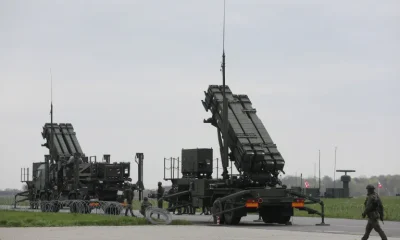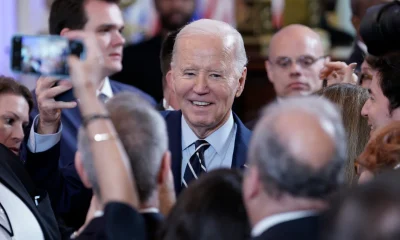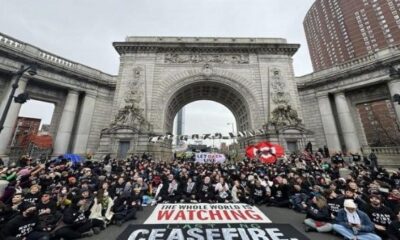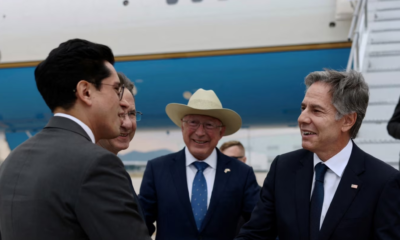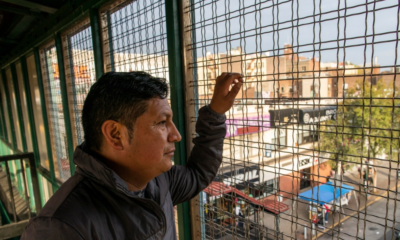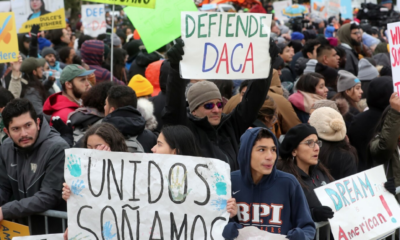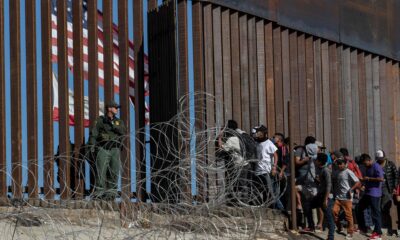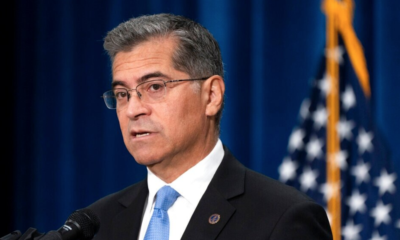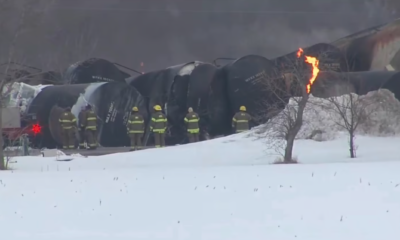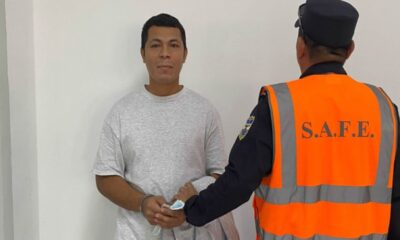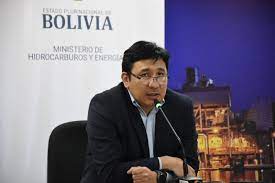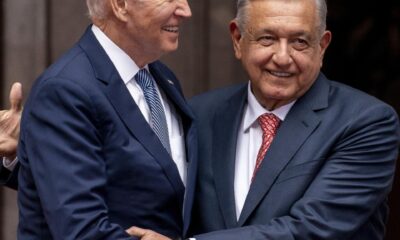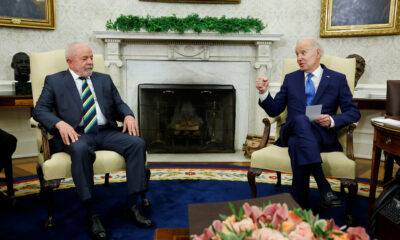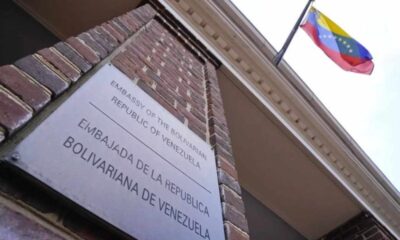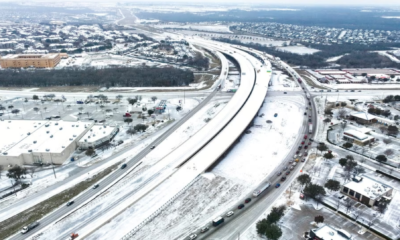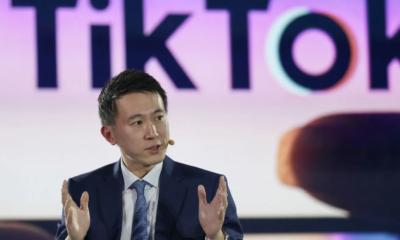International
Waiting game: US election results could take days
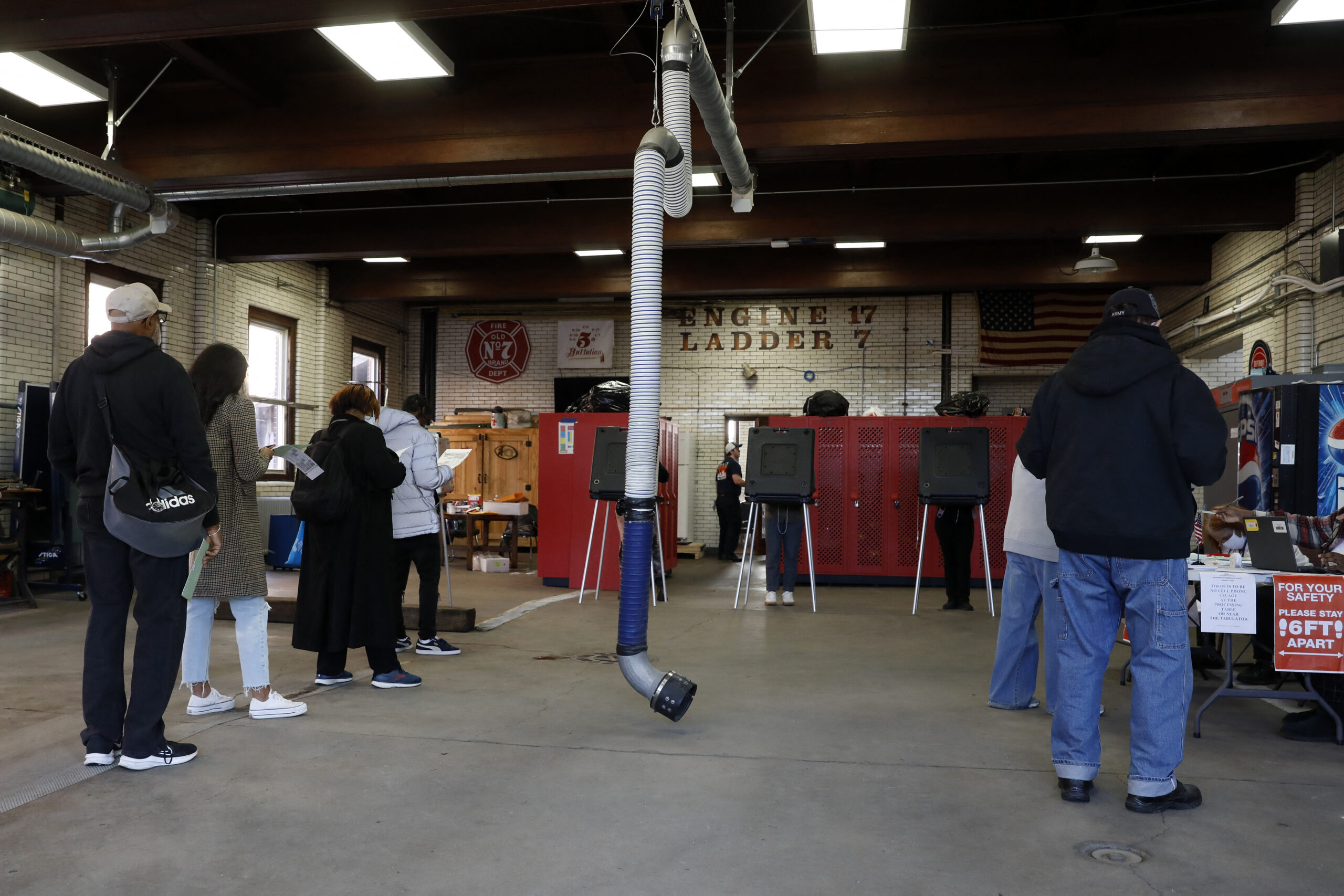
| By AFP | Paul Handley |
Control of the US Congress is at stake Tuesday as Americans vote nationwide, but with key races expected to be close, and possible delays and court challenges, results might not be known for days.
Political tensions could rise as the days, or weeks, roll on without a certain winner.
Some national TV networks, using complex calculations based on early results and traditional voting patterns, will likely declare winners on the evening of election night.
But though highly accurate, these projected results are limited by the number of races deemed “too-close-to-call.”
The crucial answer to whether Democrats or Republicans capture the US Senate — currently evenly divided — could take an especially long time.
Pollster predictions suggest the 100-member body could end up evenly divided, or split by two seats.
Counting votes takes time for several reasons, but since the 2020 election — which loser Donald Trump continues to claim, without evidence, was marred by fraud — the process has become more politically fraught.
In Arizona, where political tempers are high, Secretary of State Katie Hobbes, the Democratic candidate for governor, said they were preparing for possible violence.
“Certainly given what we saw in 2020 and the aftermath, the amount of harassment and threats that election officials have been subjected to since then, and the ramping up that we’ve seen in the last several weeks leading to this election, we’re certainly prepared for that,” she said.
Mail-in ballots
Americans can vote on the official election day in polling places equipped with electronic tabulation machines.
But the Covid-19 pandemic accelerated a shift to voting early in polling places and by mail.
Mail-in votes take longer to count, because they must be removed from envelopes, a labor-intensive process at scale.
In some states, voters have until election day to actually post their mail-in ballots, which then might not arrive for several days.
Votes cast by Americans living overseas, including many in the military, might not arrive and be counted until after election day. Though those numbers are relatively small, in a close race, they could be critical.
According to University of Florida Professor Michael McDonald’s US Elections Project, as of midday Tuesday, 45.8 million early votes had been cast, of them 25.4 million by mail or placed in drop boxes.
States have different rules on when mail-in votes can be processed — removed from the envelopes and checked against voter rolls — and when they can be counted.
In nine states, like Pennsylvania, where there is a very close Senate race, the ballots cannot be processed until election day. Sixteen states do not allow mail-in votes to be counted until after the polls have closed on Tuesday.
That means processing and counting can go on well past election day — in 2020, the results in some crucial swing states were not known for three days.
Georgia runoff
Control of the Senate might not be decided at all on Tuesday. In Georgia, Republican Herschel Walker and Democrat Raphael Warnock are running neck-and-neck for a Senate seat.
But a third candidate, Libertarian Chase Oliver, could earn enough votes to prevent either Warnock or Herschel from topping the 50 percent threshold, and force a runoff between the two.
In the 2020 elections, a similarly close race in Georgia kept overall control of the Senate undecided until a runoff took place in early January 2021. This year, a runoff would take place in December.
Recounts, legal challenges
Very close races can result in mandatory recounts, usually when candidates are divided by less than 0.5 percent of the total vote.
With eight Senate races appearing very close, that could add days of suspense to the overall result.
In addition, the 2020 election showed that parties are willing to turn to the courts to contest close elections, to decide on which ballots can be counted, to challenge counting processes and to question the accuracy of tabulation machinery.
Dozens of lawsuits have already been filed around the country, many of which focus on which ballots can or cannot be counted.
In Pennsylvania, there is already a court battle brewing on whether unsigned or incorrectly dated mail-in votes can be counted.
International
Claudia Sheinbaum: Operation Against ‘El Mencho’ Was Based on Pending Arrest Warrants

Mexico’s President Claudia Sheinbaum on Wednesday rejected claims that the military operation that resulted in the death of Nemesio Oseguera Cervantes, known as “El Mencho,” leader of the Jalisco New Generation Cartel (CJNG), was carried out under pressure from the United States government.
Sheinbaum explained that the deployment of federal forces was aimed at executing outstanding arrest warrants against Oseguera Cervantes, who was considered one of the most wanted criminals in both Mexico and the United States.
“That was not the objective (to ease pressure from the United States). It is very important, and I want to repeat it. This individual had an arrest warrant, or several,” Sheinbaum said, referring to the operation conducted on February 22.
According to the president, the initial goal was to capture Oseguera Cervantes, but military forces responded after coming under attack during the intervention.
“The operation was to detain him. The problem is that they were attacked — the Secretariat of National Defense — and they responded at that moment,” she said.
The president insisted that the action was not carried out in response to external demands, although she acknowledged intelligence cooperation with the United States.
“It was not done in any way because of pressure from the United States, not at all. Of course, there was intelligence information from the United States that was used specifically,” she concluded.
International
Spain Denies Any Agreement to Cooperate with U.S. Military in Iran Operations
International
White House Says Spain Agrees to Cooperate with U.S. Military After Trump Threatens Trade Embargo

White House Press Secretary Karoline Leavitt said Wednesday that Spain has agreed “in recent hours” to cooperate with the U.S. military, following President Donald Trump’s threat to impose a trade embargo on Madrid.
Trump had warned of potential commercial measures after Spain reportedly refused to allow the Pentagon to use facilities at Spanish military bases for operations related to Iran.
“With respect to Spain, I think you heard the president’s message yesterday loud and clear, and I understand that in recent hours they have agreed to cooperate with the United States military,” Leavitt said during a press briefing.
She added that the U.S. military is currently coordinating with its counterparts in Spain. However, the president expects broader support.
“The president expects that all of Europe, all of our European allies, of course, will cooperate in this important mission — not only for the United States, but also for Europe,” Leavitt said.
Her remarks came in response to questions about Spain’s position and its role as a U.S. ally amid rising tensions surrounding operations involving Iran.
-

 International4 days ago
International4 days agoIran Reports 201 Dead, 747 Injured After U.S. and Israeli Strikes
-

 International3 days ago
International3 days agoBrazil’s Supreme Court Rejects Bolsonaro’s Bid for House Arrest
-

 International3 days ago
International3 days agoAnti-ICE Billboard Campaign Targets Immigration Spending in 31 U.S. Cities
-

 International2 days ago
International2 days agoSpain’s Prime Minister to Address Nation Amid Trump’s Trade Threats
-

 International4 days ago
International4 days agoPope Leo XIV Urges End to ‘Spiral of Violence’ in Middle East
-

 Sin categoría5 days ago
Sin categoría5 days agoTrump: ‘We Think It’s True’ Amid Claims Iran’s Supreme Leader Was Killed
-

 International5 days ago
International5 days agoSecurity Council to Hold Emergency Meeting on Middle East Crisis
-

 International3 days ago
International3 days agoTrump Warns of ‘Major Wave’ of Attacks as Iran Conflict Escalates
-

 International21 hours ago
International21 hours agoWhite House Says Spain Agrees to Cooperate with U.S. Military After Trump Threatens Trade Embargo
-

 International3 days ago
International3 days agoMexico Calls for Immediate Probe After National Dies in ICE Custody
-

 International2 days ago
International2 days agoNew York Announces First 2,000 Seats in Universal 2-K Program
-

 International21 hours ago
International21 hours agoSpain Denies Any Agreement to Cooperate with U.S. Military in Iran Operations
-

 Central America21 hours ago
Central America21 hours agoNicaragua Held Responsible for Harassment of Opposition Prosecutor and His Family
-

 International3 days ago
International3 days agoBolivia Orders Three Investigations Into Deadly Military Plane Crash
-

 International2 days ago
International2 days agoWarner Bros. Developing First ‘Game of Thrones’ Movie With ‘Andor’ Writer
-

 Central America3 days ago
Central America3 days agoPanama Canal Monitoring Trade as Middle East Conflict Disrupts Shipping
-

 Central America2 days ago
Central America2 days agoGuatemala’s Attorney General Fails in Bid for Top Court Seat Amid Corruption Allegations
-

 International21 hours ago
International21 hours agoClaudia Sheinbaum: Operation Against ‘El Mencho’ Was Based on Pending Arrest Warrants





























